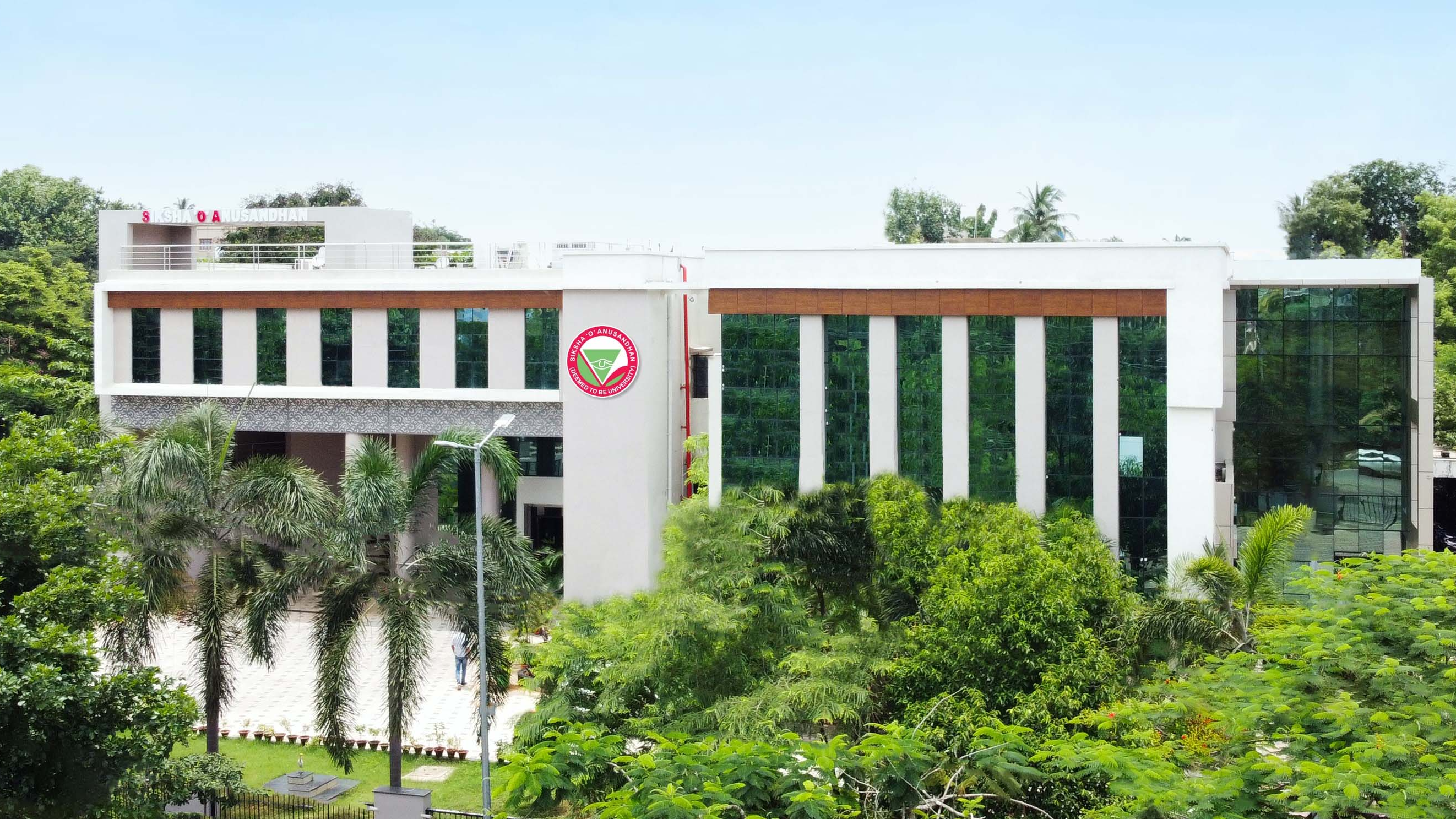

Bhubaneswar, Jan. 20: Crop growth model, a useful tool for critical decision making related to agriculture, was the focus at a national workshop on ‘Advances and Applications of Crop Models for Climate Smart Agriculture’ at the Siksha ‘O’ Anusandhan Deemed to be University (SOA) here on Thursday.
Crop growth models are tools which simulated the growth and development of crops based on environmental, physiological and management factors, speakers said at the day-long workshop which was organised by SOA’s Centre for Climate Smart Agriculture (CCSA).
“These models are valuable in various agricultural and environmental contexts and by integrating crop growth models into agricultural practices, the farming community can improve productivity, adapt to changing conditions and ensure that food production systems are resilient, sustainable and efficient,” Prof. Rabinda Kumar Panda, Director of CCSA, said.
Crop models played a crucial role in climate smart agriculture by helping to integrate climate change adaptation, mitigation and sustainable intensification practices into agricultural systems, he said adding these models provided essential tools for farmers, policymakers, and researchers to make informed decisions in the face of climate variability and change.
Prof. Panda said that advances in crop modeling had significantly enhanced the ability of agriculture to respond to climate change. By integrating climate data, remote sensing, Artificial Intelligence and Machine Learning, genomics and soil health modeling, theses tools supported farmers in adopting climate smart agriculture practices which increased productivity, resilience and sustainability, he said.
Prof. Chittaranjan Ray, Director of Nebraska Water Centre at the University of Nebraska, Lincoln, USA and an acclaimed crop modeler was the key resource person at the workshop who was also the chief guest at the inaugural session. Around 100 participants, mostly comprising faculty, scientists and research scholars from SOA, Odisha University of Agriculture and Technology, Bhubaneswar, Indian Institute of Water Management, Bhubaneswar, IIT Bhubaneswar, Central Rice Research Institute, Cuttack and Indian Institute of Soil and Water Conservation, Koraput, attended the workshop.
Prof. Ray, who described his current collaborative research activities involving development of crop models with the U.S. Department of Agriculture, presented the process of development of crop models by globally acclaimed crop modelers using the observed data of the state-of-the-art precise controlled experiments conducted under controlled field and laboratory conditions.
He also presented the study of the performance of a variety of models in different agro-climatic scenarios in USA and other countries.
Dr. Arjamadutta Sarangi, Director of the Indian Institute of Water Management, Bhubaneswar, who was another prominent resource person, presented the lead talk on ‘Crop Modelling—a tool and approach for climate smart agriculture.’ He said that researchers would have to come up with possible solution using crop modeling to combat issues related to agriculture. He emphasized on meticulous data collection, improvisation of data and validation of crop models with a holistic approach.
Another lead talk on ‘Crop Modelling for climate smart agriculture and enabling smart decision under changing climate scenarios’ was delivered by Dr. Rahul Tripathy who highlighted three aspects of climate smart agriculture like productivity, mitigation and resilience. He focused on different techniques to measure green house gases, their reduction, importance of carbon budgeting, carbon credit system and agricultural resilience index.
Other prominent participants in the workshop included Prof. Uma Charan Mohanty, Distinguished Professor at SOA, Dr. P.K. Mishra, former Director, Indian Institute of Soil and Water Conservation Research Institute, Dehradun, Dr. Subrat Kumar Behera, Chief Scientist, OUAT Dryland Research Station, Phulbani, Prof. Santosh Kumar Rout, Dean of Institute of Agricultural Sciences (IAS), SOA’s faculty of agricultural sciences and Dr. Anshuman Jena and Dr. Subhaprada Dash, both convenors of the event. A large number of senior professors and Heads of Departments of IAS also attended.